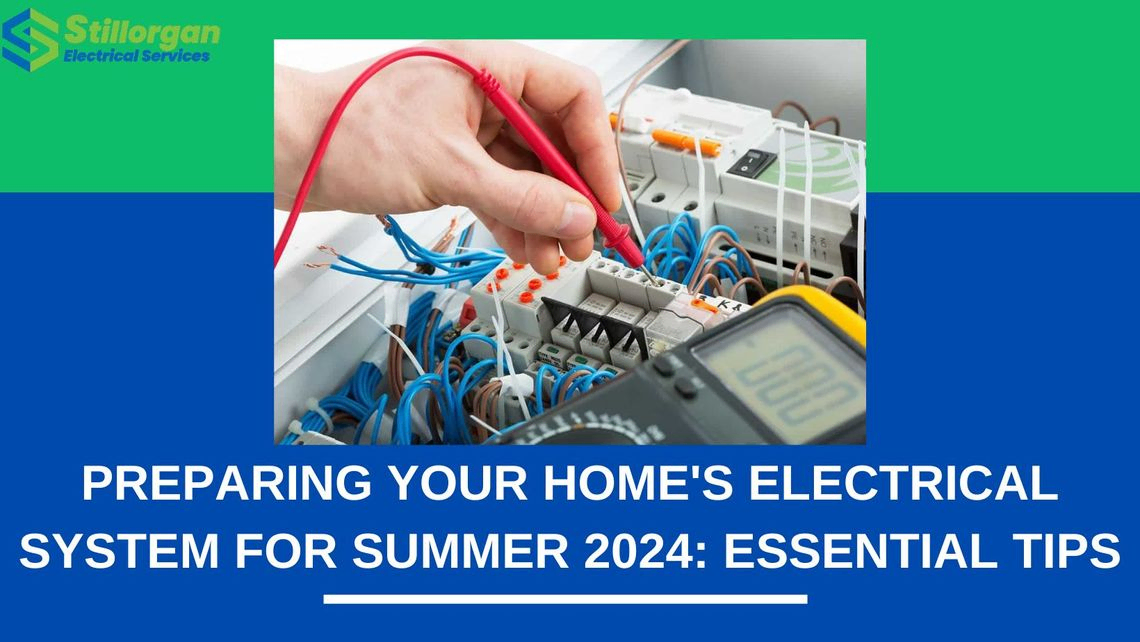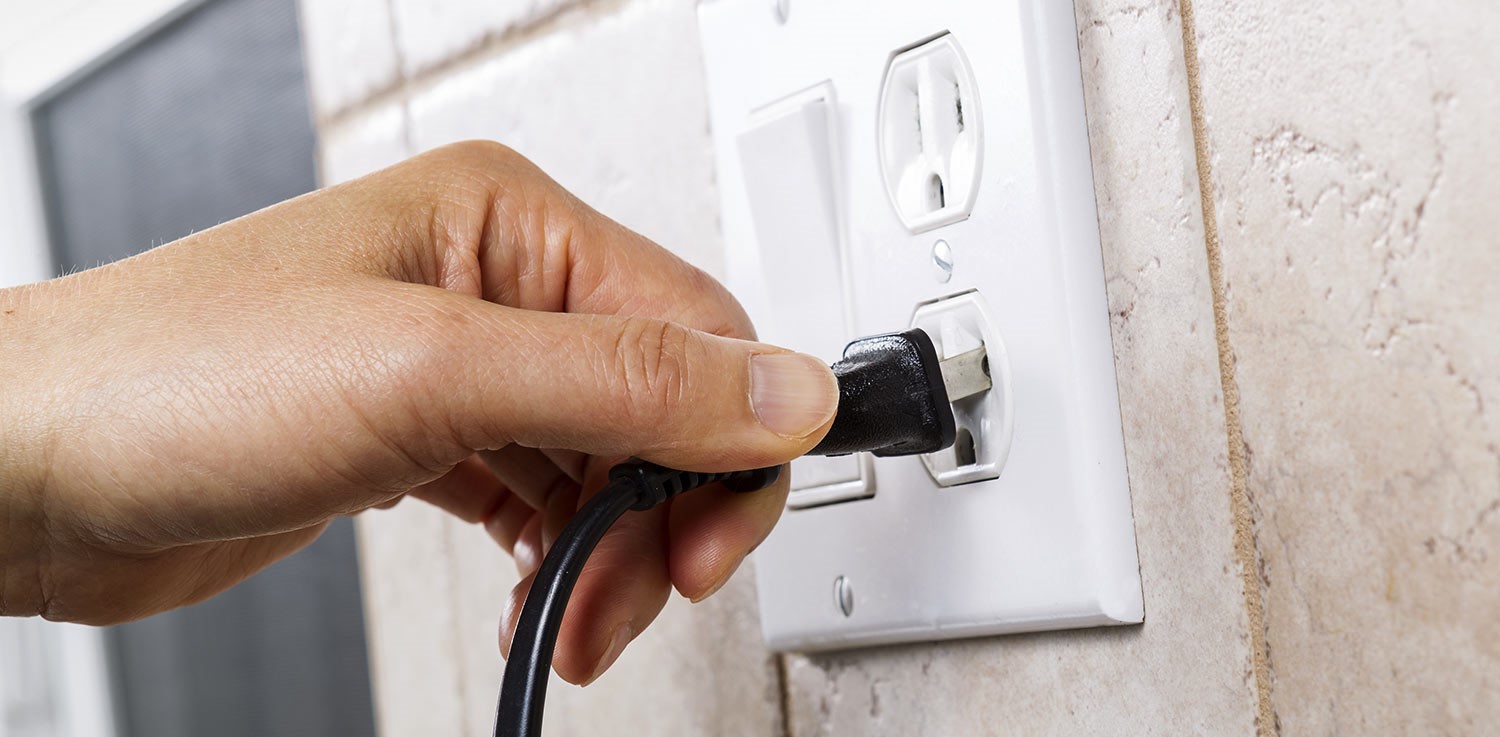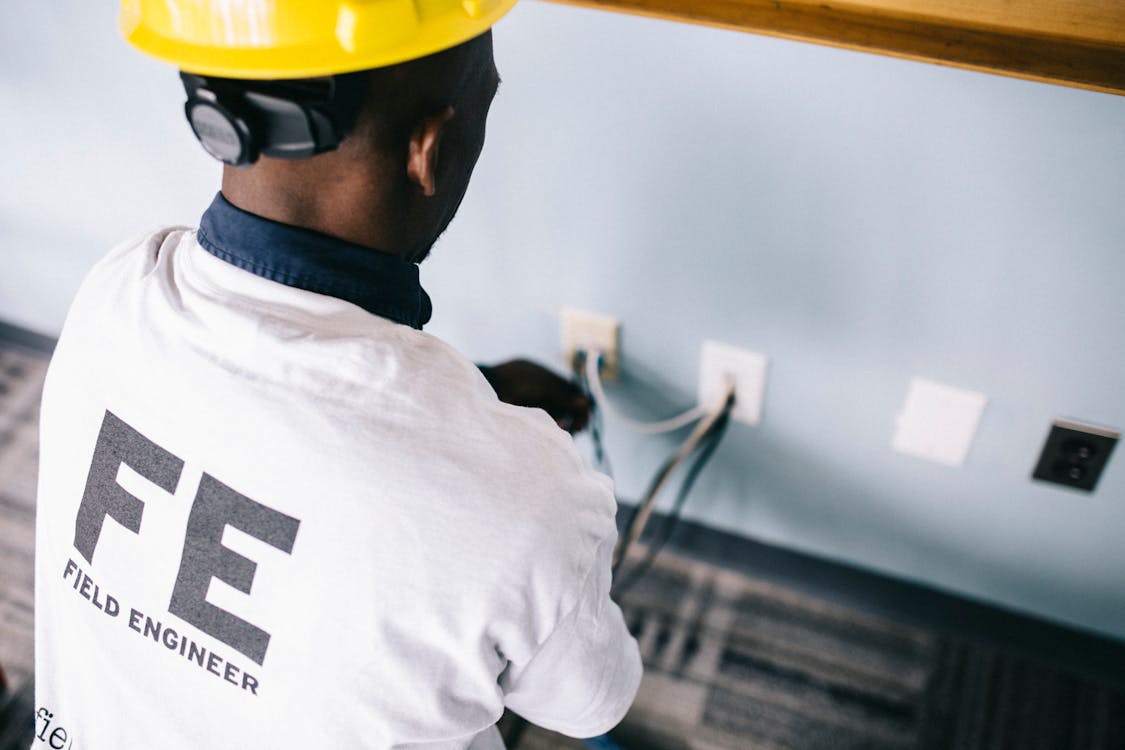
21/02/2024 by Himanshu 0 Comments
Preparing Your Home's Electrical System for Summer 2024: Essential Tips
As the summer season approaches, it is important to ensure that your home's electrical system is adequately prepared to handle the increased demands and potential hazards that come with warmer weather.
Introduction
A. As the summer season approaches, it is important to ensure that your home's electrical system is adequately prepared to handle the increased demands and potential hazards that come with warmer weather. Proper maintenance and inspection of your electrical system can not only prevent interruptions but also keep your family and property safe from electrical hazards.
B. Neglecting to prepare your home's electrical system for summer can lead to a variety of problems, including power outages, electrical fires, and safety hazards. Overloaded circuits due to increased use of air conditioning, outdoor lighting and appliances can put a strain on your electrical system, potentially causing a malfunction or even fire. Additionally, outdoor electrical equipment exposed to the elements can deteriorate over time, causing safety hazards such as electrical shock or short circuits.
To ensure the safety and efficiency of your home's electrical system this summer, it is essential to enlist the expertise of professionals like Stillorgan Electrical Services. With years of experience and a commitment to excellence, Stillorgan Electrical Services can provide thorough inspection, maintenance and repair to address any problems before they escalate. Don't let electrical problems ruin your summer; Trust Stillorgan Electrical Services to keep your home safe and energized all season long.
Checkup on Outdoor Electrical Equipment

As the summer season approaches, it is important to pay attention to your outdoor electrical equipment to ensure safety and functionality. Neglecting these necessary maintenance tasks can create dangerous situations and cause interruptions to your electrical supply. Here are some important steps to include in your preparation checklist:
A. Inspect and clean outdoor outlets and fixtures: Outdoor outlets and fixtures are exposed to the elements year-round, making them vulnerable to dirt, debris, and even insects. Before summer arrives, take the time to thoroughly inspect and clean these components. Remove any accumulated dirt or debris and check for signs of damage or wear. Tighten loose connections and ensure covers are intact to prevent water ingress, which could cause electrical hazards or malfunction.
B. Ensure proper functioning of outdoor lighting: Outdoor lighting serves many purposes, from enhancing the aesthetics of your home to providing security during dark hours. Before summer begins, inspect all outdoor light fixtures to make sure they are functioning properly. Replace any burnt-out bulbs and test motion sensors or timers to make sure they are working as expected. Properly functioning exterior lighting not only improves visibility but also deters potential intruders, thereby increasing the security of your property.
C. Trim leaves around electrical cords and appliances to prevent hazards: Overgrown leaves near electrical cords and appliances can pose significant hazards, including the risk of electrical fire or shock. As part of your summer preparations, cut back any trees, bushes, or other vegetation that may be encroaching on your outdoor electrical setup. Clearing vegetation away from electrical components reduces the risk of accidental contact and reduces the likelihood of dangerous situations occurring.
By prioritizing these exterior electrical maintenance tasks, you can ensure the safety and functionality of your home's electrical system throughout the summer months. Don't overlook the importance of proper maintenance, as it can help prevent costly repairs and protect your family and property from potential hazards.
Air Conditioning System Maintenance

As temperatures rise during the summer months, your air conditioning system becomes essential to maintaining the comfort in your home. It is important to perform routine maintenance to ensure that your system operates efficiently and effectively throughout the season. Here are important steps to include in your air conditioning system maintenance routine:
A. Clean or replace air filters to ensure efficient operation: Dirty or clogged air filters can significantly impact the performance of your air conditioning system, reducing airflow and stressing the unit. Before the start of summer, inspect your air filters and clean or replace them as needed. This simple task improves indoor air quality, reduces energy consumption, and extends the lifespan of your air conditioning system.
B. Check and clean the outdoor unit to remove debris and ensure proper airflow: The outdoor unit of your air conditioning system is exposed to the outside elements, making it vulnerable to debris build-up and blockage. Before summer arrives, inspect the outdoor unit for any debris such as leaves, dirt, or grass clippings. Clear any blockages and use a hose to gently clean the unit, removing dirt and debris from the fans and coils. Ensuring proper airflow around the outdoor unit increases its efficiency and prevents overheating.
C. Consider scheduling professional maintenance to inspect the system for any potential problems: While DIY maintenance tasks are necessary, it is equally important to schedule professional maintenance for your air conditioning system. A certified HVAC technician can perform a comprehensive inspection, identifying any potential problems or worn components that may need attention. Professional maintenance helps prevent unexpected breakdowns, maximize energy efficiency, and ensure your air conditioning system runs smoothly all summer long.
By following these air conditioning system maintenance tips, you can enjoy a comfortable and energy-efficient home environment during the summer months while extending the lifespan of your HVAC system. Prioritizing regular maintenance not only saves you money in the long run but also ensures reliable performance when you need it most.
Indoor Electrical Safety Measures

Ensuring the safety of your indoor electrical system is paramount, especially as you are preparing for the summer months when electricity usage typically increases. Implementing these indoor electrical safety measures can help prevent hazards and protect your home and loved ones:
A. Test and replace the batteries in smoke detectors and carbon monoxide detectors: Smoke detectors and carbon monoxide detectors are important safety devices that alert you to potential fire or gas hazards. Test these detectors regularly to make sure they are working properly, usually by pressing the test button. Additionally, replace batteries at least once a year or as needed to maintain optimal performance. By keeping these detectors in working order, you can detect and respond to emergencies faster, reducing the risk of injury or property damage.
B. Inspect electrical cords and outlets for signs of fraying or damage: Over time, electrical cords and outlets can become frayed, increasing the risk of electrical fire or electric shock. Before the start of summer, inspect all electrical cords for frayed, exposed wires or other damage and replace any damaged cords immediately. Likewise, check outlets for signs of damage, such as cracks or discoloration, and have them repaired or replaced as necessary. By proactively addressing potential hazards, you can reduce the chance of electrical accidents and ensure the safety of your home.
C. Consider installing ground fault circuit interrupters (GFCIs) in moisture areas such as kitchens and bathrooms: GFCIs are electrical devices designed to protect against electrical shock in areas where water and electricity may come in contact. Are. If these devices detect a ground fault, they immediately interrupt the circuit, thereby preventing potential electrical accidents. Install GFCIs in places like kitchens, bathrooms, laundry rooms and outdoor areas to increase electrical safety, especially during the summer when water-related activities are more common.
By incorporating these indoor electrical safety measures into your summer preparation routine, you can create a safer environment for your home and reduce the risk of electrical accidents. Regular maintenance and proactive safety measures are the keys to enjoying a worry-free summer while ensuring the integrity of your indoor electrical system.
Energy Efficiency Tips
As summer approaches, it is essential to implement energy-efficient practices to keep your home cool while reducing energy consumption. These tips not only help reduce your environmental impact but also save you money on utility bills:
A. Install a Programmable Thermostat to Optimize Energy Use for Cooling: Programmable thermostats allow you to set specific temperature schedules based on your daily routine. During the summer, program the thermostat to raise the temperature when you're away or sleeping and lower it when you're present. This simple adjustment can significantly reduce energy consumption by ensuring that your air conditioning system works efficiently only when needed.
B. Use ceiling fans to supplement air conditioning and reduce energy consumption: Ceiling fans circulate air throughout the room, creating a wind-chilling effect that makes you feel cooler without lowering the temperature. . When used in conjunction with your air conditioning system, ceiling fans can help distribute cool air more effectively, allowing you to set the thermostat higher and reduce energy use. . Remember to adjust the fan direction counterclockwise for cooling during the summer months.
C. Seal gaps around doors and windows to prevent cold air from escaping: Cracks and cracks around doors and windows can allow cold air to escape from your home, causing damage to your air conditioning system. Maintaining a comfortable temperature requires hard work. Before summer arrives, inspect the seals around doors and windows for any signs of wear or damage. Use weatherstripping or caulking to seal gaps and prevent air leaks, increasing the efficiency of your cooling system and reducing energy waste.
By implementing these energy efficiency tips, you can enjoy a comfortable home environment during the summer while reducing your energy consumption and utility costs. Making simple adjustments to optimize your cooling system and reduce energy waste not only benefits your wallet but also contributes to a more sustainable future.
Emergency Preparedness

As you prepare for summer, it's important to make sure you're prepared for unexpected emergencies, including power outages and other potential disruptions. By taking proactive steps to create an emergency plan and gather necessary supplies, you can protect your home and reduce the impact of unexpected events:
A. Create or update an emergency kit with essential items like flashlights, batteries, and first aid supplies: An emergency kit is a vital component of any preparedness plan, providing you with the supplies needed to help you deal with unexpected emergencies. Does. Assemble or update your emergency kit with items such as a flashlight, extra batteries, portable radio, nonperishable food, water, and a first aid kit. Keep your emergency kit in a designated location that is easily accessible to all members of the household in the event of an evacuation.
B. Develop a plan for what to do in the event of a power outage, including knowing how to safely reset circuit breakers: Power outages can occur unexpectedly, disrupting daily routines and potentially Security may be compromised. Develop a comprehensive plan for responding to a power outage, including identifying alternative light sources such as candles or lanterns and knowing how to safely reset circuit breakers if necessary. Communicate your plan to all members of the household and practice it regularly to make sure everyone knows what to do in an emergency.
C. Consider investing in a backup power source such as a generator for extended outages: While power outages are often short-term, prolonged outages can pose significant challenges, especially during the summer months. Consider investing in a backup power source such as a generator to provide power during extended outages. Generators come in different sizes and types, so choose one that meets your home's needs and budget. Be sure to follow all safety guidelines when installing and operating the generator to prevent accidents or carbon monoxide poisoning.
By prioritizing emergency preparedness and taking proactive steps to create a plan and gather necessary supplies, you can ensure the safety and well-being of your home during the summer months and beyond. Being prepared for emergency situations gives you peace of mind and empowers you to respond effectively to unexpected events, minimizing disruption and increasing resilience.
Conclusion
A. As summer approaches, it is paramount to prepare your home's electrical system to ensure safety and functionality. Neglecting maintenance can lead to hazards such as power outages and electrical fires, putting both property and personal safety at risk.
B. Take proactive measures to protect your home by inspecting outdoor appliances, maintaining indoor electrical systems, and implementing energy-efficient practices. Regularly test smoke detectors and carbon monoxide detectors, inspect electrical cords and outlets, and consider installing ground fault circuit interrupters. Additionally, optimize energy usage with a programmable thermostat and ceiling fan. Finally, build an emergency kit, develop a power outage plan, and consider investing in a backup power source for longer outages. By prioritizing these steps, you can ensure a safe, efficient, and comfortable summer for you and your family.


Comments
Leave a comment